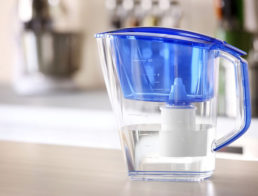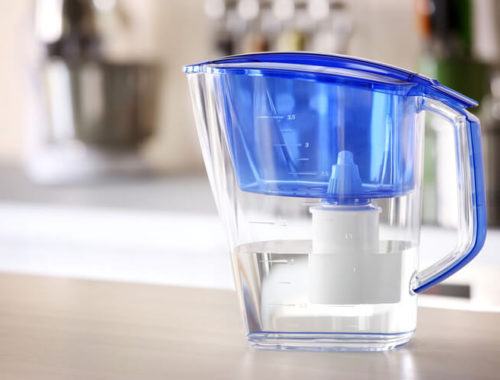Are you feeling distracted? Focus can improve your life with the science of cognitive performance. In fact, the human mind wanders for 47 percent of the day, wasting time and energy. We are also constantly bombarded with demands for our attention. The average person gets up to 10,000 marketing messages daily and up to 80 phone notifications. These constant interruptions divert attention, for 98 percent of the workforce is interrupted three to four times a day, and the average office worker experiences an interruption every 11 minutes. And the lack of focus is costing us more than we realize, as email and phone call distractions lead to a temporary 10-point drop in IQ, and time lost to digital distractions costs over $10,000 per person per year. Moreover, digital distractions interfere with our circadian rhythms, as the current generation is the most sleep-deprived in history. Three out of five adults say they are more tired than ever.
Work environments create these distractions, leading to impaired focus that takes 23 minutes to recover from. Reduced executive functioning can lead to twice as many errors, while the average person has an 8-second attention span. Our environment can also lead to brain fog and elevated brain levels of inflammatory markers associated with physical and mental fatigue.
Meanwhile, 42 percent of millennials regularly consume food and drink to improve focus in the United States. However, the world doesn’t need more caffeine as people consume millions of liters of caffeine and sugar in an attempt to enhance focus. The annual consumption of caffeinated drinks per person is 141 liters in the United Kingdom, 92 liters in Japan, 85 liters in the United States, and 55 liters in Spain. Regular caffeine drinkers cite numerous benefits of their favorite drinks, including increased alertness, elevated mood, and aerobic endurance. But, these sources are not all they are perceived to be—4 in 10 people have experienced adverse events from conventional caffeine sources.
Caffeine provides energy but not focus. Caffeine alters sleep schedules and may reduce total sleep time by one hour and increase fatigue. It also creates tolerances, as 10 percent of people metabolize caffeine too quickly to see any benefits. Additionally, it decreases productivity, for withdrawal increases sleepiness, lowers mental alertness, and reduces reaction times. Ultimately, relying on caffeine is not sustainable, as many caffeinated drinks are above the daily recommended sugar and caffeine intake. In fact, caffeine may be linked to long-term concerns like poor heart health, digestion issues, and higher dementia risk.
Thankfully, caffeine is not the only solution to lack of focus. Biohacking, a DIY approach using science and self-experimentation to improve health, productivity, and well-being, can include reducing blue light to reset circadian rhythms, managing noise and clutter for better focus, and adding movement throughout the day to boost energy. Nootropics or substances in natural, supplement, or food form can be used to increase cognitive function and improve your mood, productivity, or attention span. Herbs such as Bacopa monnieri, vitamins such as L-theanine, and amino acids like Creatine, are some of these natural sources of cognitive enhancement.
 Provided by:
Provided by: 







